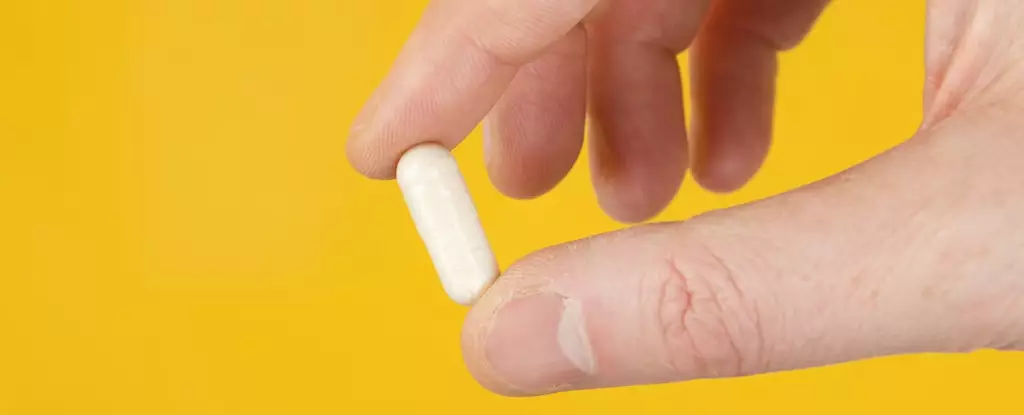The placebo effect is a fascinating phenomenon that has been studied for years. It is amazing to think that a simple sugar pill with no active ingredients can have a powerful impact on the human mind and body. What is even more astonishing is that placebos can work even when people are fully aware that they are not taking real medication. In a recent study conducted by psychologists, it was found that leveraging the placebo effect can be an effective way to reduce stress, at least in the short term for individuals experiencing moderate levels of distress.
The Study and Results
The study involved 64 participants who reported experiencing prolonged stress during the COVID-19 pandemic. One group of 32 volunteers were prescribed a placebo, while another group of 32 people received no treatment. Interestingly, the participants in the placebo group were informed that they were taking pills with no active ingredients. They were instructed to take the inert plant fiber pills twice a day and had to fill out a pill-taking adherence survey daily. Despite knowing that they were taking a placebo, this group still experienced a decrease in stress, anxiety, and depression compared to the no-treatment group.
While the results of this study are intriguing, it is important to note that the sample size was small. The researchers caution that more work needs to be done to determine if these findings are consistent across different cultures and age groups, and over longer periods of time. The exact mechanisms behind how non-deceptive placebos work are still not fully understood. Some researchers suggest that these placebos may operate through mechanisms such as implicit expectations, conditioning from prior experiences with active treatment, and embodied cognition.
The use of placebos to treat individuals experiencing moderate stress could potentially prevent them from developing more severe mental health conditions. This approach may be particularly beneficial for those who do not have access to traditional mental health services. The ability to administer non-deceptive placebos remotely could greatly increase the scalability of such interventions. However, there are differing opinions on the use of placebos for treatments, with some arguing that more extensive research is needed to confirm their therapeutic value.
The placebo effect has shown promising results in reducing stress levels in individuals experiencing moderate distress. While the exact mechanisms of how placebos work are still not fully understood, the potential benefits of using non-deceptive placebos as a form of treatment are significant. More research is needed to explore the long-term effects of this approach and to determine its effectiveness across different populations. Placebos may have a role to play in mental health interventions, offering a simple yet powerful tool for managing stress and promoting overall well-being.


Leave a Reply